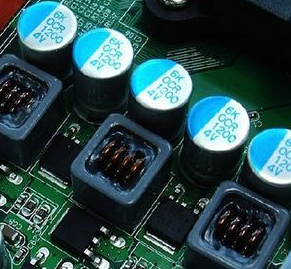In electronic equipment, high-voltage capacitors are an important component, but they may encounter various faults during use. If these faults are not handled in time, they may lead to serious consequences, such as explosions. Therefore, regular inspection and maintenance of high voltage capacitors is crucial to prevent possible hazards. Common high voltage capacitor failures include:
1. Temperature is too high:
High-voltage capacitors may overheat due to excessive voltage or nearby rectifier devices during operation. In addition, unreasonable design of the capacitor room, such as poor ventilation or too closed space, will also cause the temperature of the capacitor to rise. To avoid this, you should ensure that the capacitor is in a suitable working environment and have regular temperature checks.
2. Oil leakage:
Improper handling methods or excessive force tightening of wiring screws may cause cracks in the flange welds of the capacitor, causing oil leakage. Long-term operation may also cause the paint layer on the capacitor casing to peel off, further aggravating oil leakage. If the capacitor temperature is too high, oil leakage will be more serious. Once oil leakage is discovered, it should be dealt with immediately to prevent the impregnating agent from reducing and the capacitor from getting damp.

3. Capacitor explosion:
If the internal components of the capacitor are broken down, it will cause other capacitors to discharge it, and excessive energy release may cause an explosion. This may not only cause damage to surrounding equipment, but may also cause fires and even endanger personnel safety in severe cases. Therefore, the physical condition and working performance of capacitors should be checked regularly to prevent such accidents.
4. Shell expansion:
Under the influence of voltage, gas may be released from the dielectric in the capacitor, especially when the component is broken down. The accumulation of these gases in a sealed enclosure can cause internal pressure to increase, causing the enclosure to expand. Monitoring capacitors for changes in appearance is an effective way to prevent case swelling.
All in all, the failure of high-voltage capacitors may cause serious safety hazards, so regular inspection and maintenance work is essential. By taking appropriate precautions, the risk of failure can be minimized and the safe operation of the equipment can be ensured.
